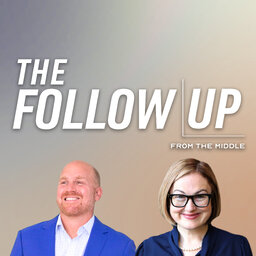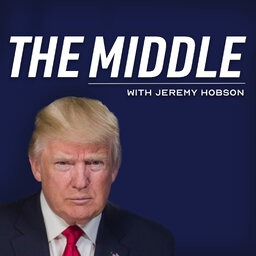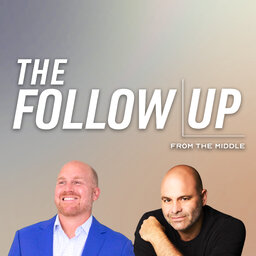Improving Society for People with Disabilities
On this episode of The Middle, we ask you what changes still need to be made in society for people with disabilities - 35 years after the ADA was signed into law. Jeremy is joined by disability advocate and speaker Alycia Anderson and Wall Street Journal columnist Callum Borchers. DJ Tolliver joins as well, plus calls from around the country. #ADA #disability #inclusion #disabled #accessability
In 1 playlist(s)
The Middle with Jeremy Hobson
The Middle with Jeremy Hobson is a national call-in talk show focused on bringing the voices of Amer…Social links
Follow podcast
Recent clips

The Follow Up: Fear in Trump's First Year, Michigan and the Midterms
22:56

One year of Trump: How are His Policies Affecting You?
49:39

The Follow Up: Minneapolis, Maduro’s Capture, and the First Days of Mamdani
26:52
 The Middle with Jeremy Hobson
The Middle with Jeremy Hobson